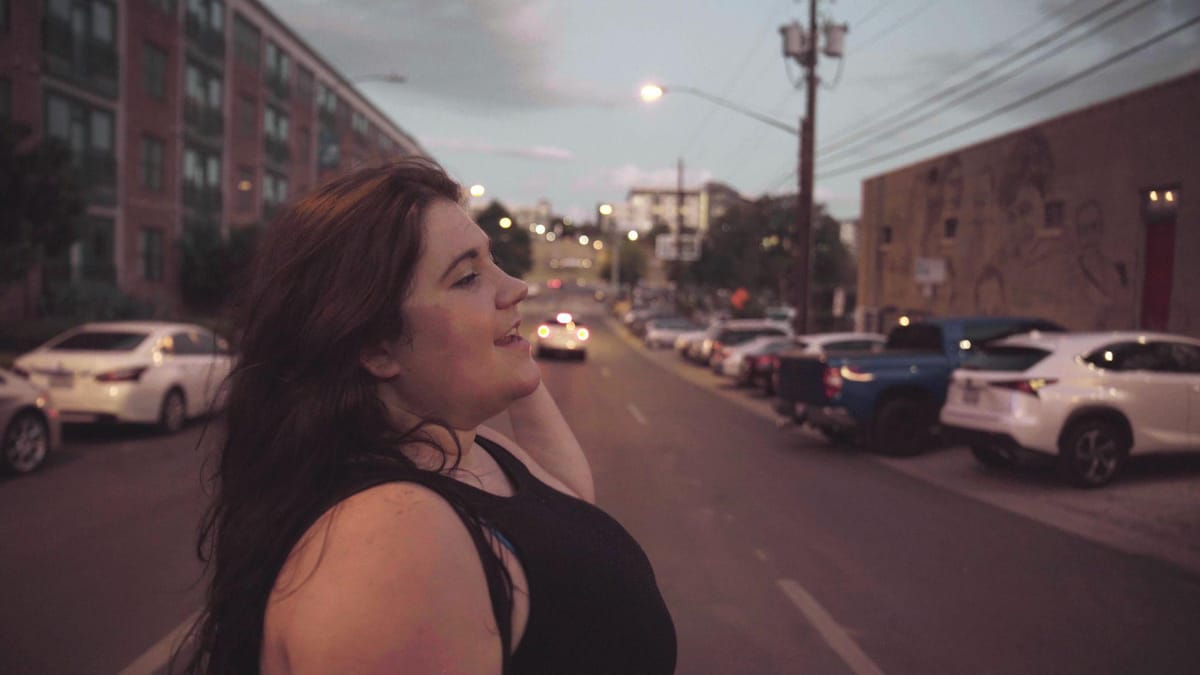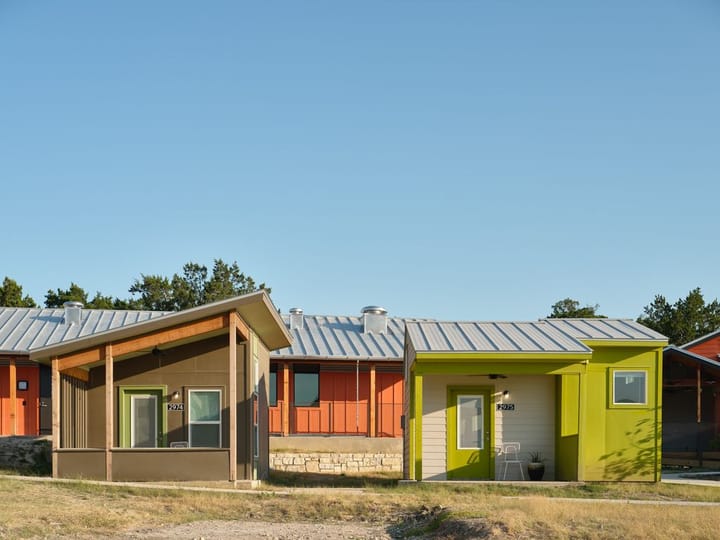New Documentary Shows Power In Fighting For Change

“An Army of Women” is a documentary premiering in competition at South by Southwest that follows in real-time a groundbreaking class action lawsuit against the Austin District Attorney’s office and the Austin Police Department over their failure to prosecute rape and sexual assault cases. But the documentary, which is also the feature film debut of director Julie Lunde Lillesæter, is much more than a story tracking a lawsuit. The film is a poignant showcase for the power of women determined to force a change in their community. Ahead of the documentary’s premiere, Texas Signal spoke with the director about the project.
This interview has been edited for clarity and length.
When did you become aware of this case and start talking to the plaintiffs about doing a full documentary?
I had lived in Austin for about a year when I learned about the lawsuit. I was really shocked when I learned about it because I think I had a naïve thought that sexual assaults, when they happen, [that] there’s a system in place to handle them and make sure they don’t happen again. Through reading [the lawsuit] and doing some research, I realized not only is the system failing, there didn’t seem to be anyone interested in doing anything about it. I reached out to Jenny and Elizabeth [the lead attorneys for the case] and they were interested in having these efforts documented so they introduced me to Marina and Hanna, who became the main protagonists of the film.
I was very struck about how the victims kept stating that they were the problem with their case. They were all told very similar things by the police. You were drinking. The clothes you were wearing were a problem. Did that also strike you?
It was really upsetting to learn about all the things they had been told and questions they had been asked and how they had been made to feel when they reported. It is a really difficult thing to report something like this, and then to be met with this sort of disbelief. I think that the police had certain biases that preexist about women, about how we should or shouldn’t dress, how we should or shouldn’t behave. Sadly, I think the police just reflect these gender biases that we have.
One thing about the documentary is that much of it takes place in 2020, a year many American recognize pretty viscerally, both in terms of the pandemic and the uprisings that occurred after the murder of George Floyd. Could you speak on that?
In terms of the pandemic, because it was just me and my camera, it was easier to keep filming. For the most part, I could go over film. I did a lot of testing. I wore a lot of masks. Of course the lawsuit moved on to Zoom so there were a lot of Zooms I would film. And then, it was quite an extraordinary year with the uprising and the BLM protests shedding a light on how the police are operating in the US. So I found that the lawsuit and the complaints that the women were having against the police, suddenly there was a global focus on what they were doing. It also impacted the District Attorney race that became quite important for the survivors. All in all, it was a really interesting year to be filming this lawsuit.
Another thing that comes through in the film is the sincere bond that was formed with these women. What was that like to see?
I thought it was really beautiful. There were really close friendships formed through this group. For a lot of them, my understanding was they didn’t have that many people to speak to. They didn’t know that many other survivors before this lawsuit. It created quite a special bond. And for me it was really inspirational to see people being able to take something really awful that had happened to them and turn it into something like this that can create change for women in the future. It was a moving thing to witness with my camera.
Then we do get the reveal about the lawsuit, the settlement and the reforms that happened as a result.
We filmed for multiple years, so I saw the efforts that went into this lawsuit, how much work they did to succeed and to create the change that was needed. When this settlement happened, and all these policy changes were committed that was really special. My understanding from talking to the plaintiffs was the money was not particularly important except it showed the willingness to show they care about the issue.
I couldn’t help but also notice that the attorneys who filed this lawsuit, Jenny Ecklund and Elizabeth Myers, are now filing cases about the abortions bans, with no exception for rape or incest, that were passed in the months after this settlement.
It was quite shocking when that happened. It really showed there’s a big war on women’s rights in the US and both sexual assault and reproductive rights are a part of the same fight.
Your documentary is premiering in Austin, where this all took place. What does that mean to you?
For me this is the film that proves that you can fight the system for what is right. It is really a hopeful story. I think it offers a really hopeful look into a movement that is trying to change the future for women everywhere.
“An Army of Women” is premiering and screening in competition at South by Southwest



Comments ()